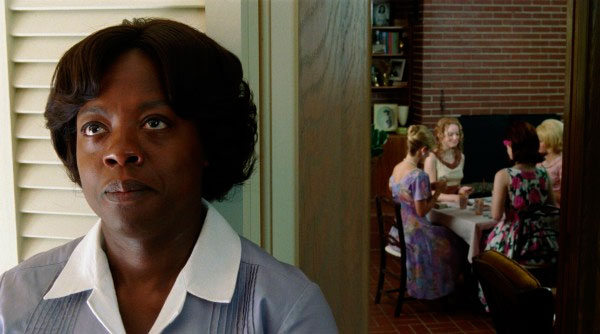A vivid and poignant tale of racial injustice, sisterhood, and period warmth, the 2011 film ‘The Help‘ intricately blends historical events with compelling personal narratives to create a snapshot of a deeply segregated society. The nuanced and thought-provoking narrative coordinated by director Tate Taylor offers an emotional journey into the lives of black maids serving in white households in the early 1960s.
Based on the best-selling novel of the same name by Kathryn Stockett, ‘The Help’ presents a powerful exploration of the predominantly dishonored domestic arena of African-American women. It broaches the delicate issue of race and class disparity, narrated from the perspective of three distinct women united by their disillusionment with the prevailing societal norms.
Emma Stone shines as Eugenia ‘Skeeter’ Phelan, a spirited young woman who aspires to be a writer and is courting controversy by her decision to write a book from the viewpoint of ‘The Help.’ Viola Davis portrays the dignified Aibileen Clark with grace, a domestic helper who first consents to share her story and thus becomes the gateway to the untold tales of oppression, abuse, and resilience. Octavia Spencer embodies the sassy, strong-willed Minny Jackson, whose fierce narrative anchors a significant portion of the film’s emotional gravity. The performances rendered by these talents are nothing short of brilliant, with each character delighting and inspiring the audience in their unique way.
‘The Help’ excels in translating the trials and triumphs of these African American maids onto the screen with a perfect blend of heart-wrenching and inspiring moments. The film is richly layered, with sweeping emotional arcs, from chilling tales of mistreatment to humorous anecdotes, all the while highlighting the strength of their sisterhood amid adversity.
Yet, the film is not without its silver lining of touching humor and charm. Instances like a climatic pie scene add a sense of comic relief whilst maintaining the film’s overarching narrative. The friendship between Clark and Jackson, coupled with their bond with Skeeter, offers delightful but essential refuge from the racism-tinted environment.
Director Tate Taylor demonstrates an impressive understanding of this delicate material. He skillfully crafts a clever convergence of drama, humor, and realism that authentically captures the essence of this historical period. His direction aptly ensures that the pivotal moments do not become overly sentimental and are handled with both sensitivity and gravity.
However, with this level of compelling narrative, it’s a shame that ‘The Help’ only touches lightly on the broader Civil Rights Movement. While the focus predominantly remains on personal narratives, a more profound engagement with the ongoing societal transformations could have added a bolder context to the narrative.
The movie’s production values are top-notch, with stunning set designs and costumes that capture the 60s era splendidly. The cinematography is exquisite, capturing the contrast between the affluent white households and the more humble black neighborhoods.
Despite its heavy subject matter, ‘The Help’ avoids becoming a solemn saga. Its power rests in its ability to tell a story about a particular time and place that resonates universally. It’s a tale of finding one’s voice amid repression, the power of sisterhood, and the indomitable spirit of the human heart.
The beating heart of ‘The Help’ rests upon its characters and the exceptional performers who bring them to life. Both Davis and Spencer earned well-deserved Academy Award nominations for their performances, with the latter walking away with the Supporting Actress award.
In conclusion, ‘The Help’ is a must-watch film for those seeking a narrative that is simultaneously heart-warming and impactful. This cinematic spectacle brings forth an essential dialogue, challenging its audience to reconsider historical interpretations while delighting them with splendid storytelling and impassioned performances.



